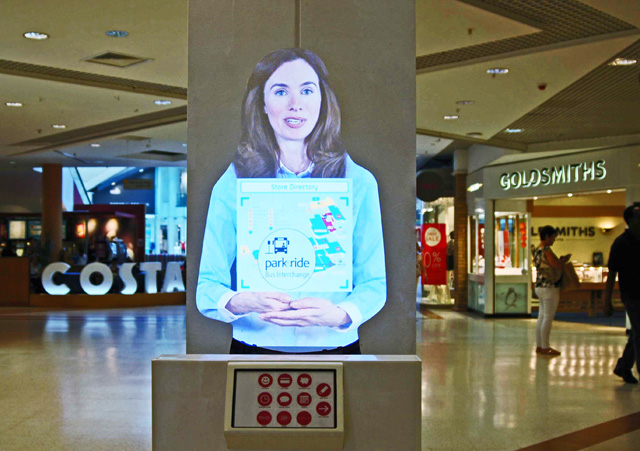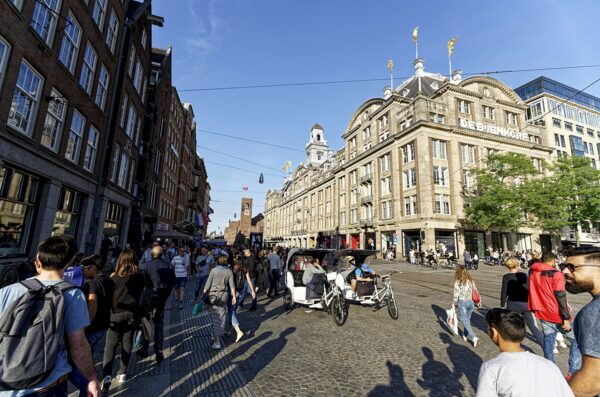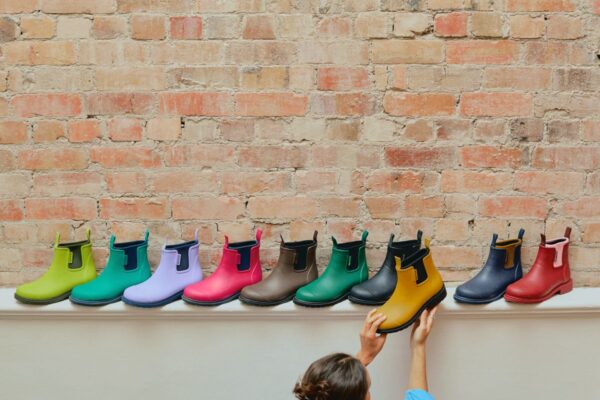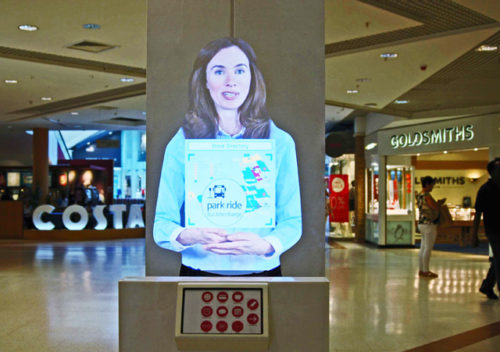
Consumers could be put off by a lack of in-store technology, according to research commissioned by tech group Vista Retail Support.
The company’s research shows that 70 per cent of consumers are familiar with Artificial Intelligence (AI) based technologies and believe they can transform shopping experiences – but two thirds (66 per cent) are yet to encounter AI technology in a retail environment.
In a survey Vista found that 67 per cent of consumers believe retailers should make the implementation of AI and Augmented Reality (AR) a priority, to enhance the in-store experience and increase convenience for shoppers.
The findings are backed up by further research conducted by network services provider, Claranet, which found that retailers are poised to ramp up their spending on AI, Internet of Things (IoT) and other next generation technologies they believe will improve customer experience and win them competitive advantages.
Of the 121 European retail businesses surveyed by Vanson Bourne it was found that 68 per cent were already investing in AI to some extent, with 94 per cent using IoT technology and 97 per cent using cloud facilities. This trend will rapidly accelerate through to 2020.
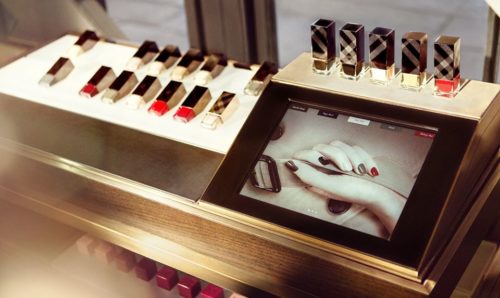 The focus on customer experience is polarising the retail market into either delighting consumers with immersive buying experiences or making buying as fast and practical as possible, according to Claranet, which emphasises that the effective use of technology will be a prerequisite to success in creating these kind of customer experiences.
The focus on customer experience is polarising the retail market into either delighting consumers with immersive buying experiences or making buying as fast and practical as possible, according to Claranet, which emphasises that the effective use of technology will be a prerequisite to success in creating these kind of customer experiences.
The Burberry Beauty Box at Covent Garden (pictured above left) was cited as a great example of this new technology in action. It is designed to engage visitors in an immersive brand experience via augmented reality technology which allows customers to virtually sample different nail shades. Another example is Pets At Home (below right), which deployed in-store iPads to make the administrative process of purchasing a pet easier and to reduce customer wait time by enabling more in-store purchases and registrations to be done away from the till.
away from the till.
Speaking of the consumer experience, Vista Retail Support technical services director James Pepper, comments: “Clearly, there is an overwhelming appetite for technologies that address the bug-bears of the physical shopping experience . “However, the research also reveals what could be a major blind spot for retailers, since the majority of consumers don’t feel that the requirement for technology that increases convenience is being fulfilled”.
Items being out of stock, a lack of retail staff and slow checkouts were listed as the most common in-store complaints by survey respondents. “These are all areas that can be improved by existing technologies such as AI-based virtual assistants and apps that allow shoppers to pay on their smartphones instead of joining lengthy queues. There’s a reason these solutions are still deemed ‘futuristic’ and this is due to the lack of

implementation taking place in brick and mortar stores,” says Pepper.
A majority of (70 per cent) would be confident using an AI-based ‘virtual assistant’ kiosk in-store to avoid common aggravations of the shopping experience. Nearly two thirds (61 per cent) of those who would find value in a virtual kiosk believe it would help them find out about products they might like to purchase but not been aware of, suggesting that retailers investing in the technology could see an increase in sales.
When asked which types of retailer would benefit most from the adoption of AI and AR-based technologies, consumers’ top choices were fashion and electronics stores followed by domestic appliance stores. Grocery and convenience stores were identified as the places where consumers saw the least potential for AI and AR.
Pictured top left is a pioneering virtual assistant put into place by customer journey technology specialist Tensator in 2014 at the Grafton shopping center in Cambridge. The Tensator Virtual Assistant interacts with customers, answering common questions and promoting mall offers. The model has been rolled out at transportation hubs across the world, as well as at sporting and conference venues.


